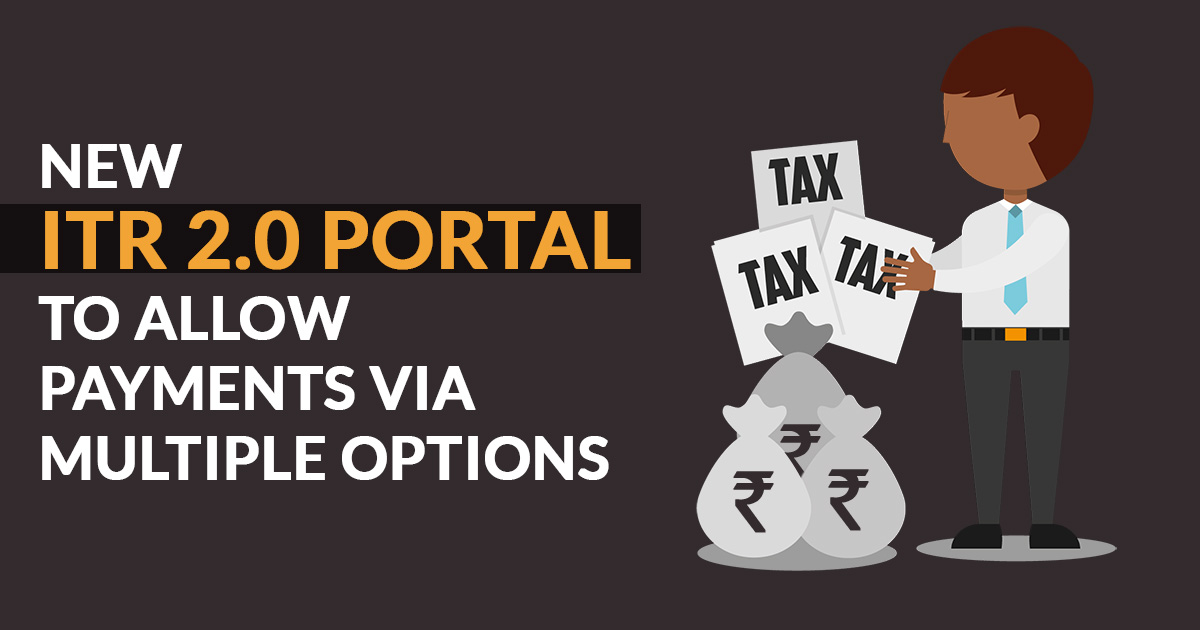
The new income-tax portal 2.0, which was launched on June 7, is most probably going to add more private banks to its list for payment of income tax, fees, penalty, and refunds under the umbrella of the Income Tax Act 1961. The portal shall also provide multiple payment options that include Unified Payment Interface (UPI) and credit cards.
To date, the taxpayers have the option to pay income tax through net banking and debit cards. However, net banking and debit cards are not widely used by the general public. The new e-filing portal is more interactive that can ease the tax-filing process and facilitates more options for taxpayers.
“We are in the process of adding more payment gateways, which will provide taxpayers choices in doing banking transactions and also enhance customer convenience, said an official privy to the plan.”
According to the official privy, banks that intend to add in the payment services shall have to fulfill the eligibility conditions as laid down by the Reserve Bank of India that shall take time. “It will take a month to have more payment gateways with the existing banks, he added.”
It has been noticed that some private banks have recently applied to get authorisation for undertaking government business that also includes providing services to the tax portal. RBI has mentioned that sound private banks can undertake government businesses.
As per one of the conditions under the modified norms of RBI, Scheduled private sector banks that are not under the Prompt Corrective Action (PCA) framework of the RBI can do government business after executing an agreement with the central bank.
To date, 17 banks have been authorized by RBI to collect direct taxes — the majority of which are PSU banks. They include the State Bank of India, Central Bank of India, Bank of Baroda, Indian Bank, Punjab National Bank, HDFC Bank, and a few other banks. Of which, some of the state-run lenders, which comes within the purview of PCA framework, could be reviewed, if needed, commented a source who cited RBI new norms.
“It may be noted that performance of the agency banks, on a matrix of various government initiatives and schemes, may be reviewed from time to time by the government in consultation with the RBI, based on which the permission given to the concerned bank to undertake government business could be potentially withdrawn, the RBI said in its latest guidelines.”
The RBI’s latest rules are in tune with the finance ministry’s February circular, which lifted an official ban imposed in September 2012 on the further granting of government business to private sector banks respectively. In 2012, the ministry had banned most of the private banks, excepting few, to undertake government business for three years.
For performing government agency business, the RBI makes payment of commission to banks. The RBI carries out the general banking business of the central as well as state governments via agency banks that are appointed as per the provisions of Section 45 of the RBI Act, 1934.
Following transactions come within the purview of a government agency
- Payments on behalf of the central and state governments,
- Business revenue receipts,
- Pension payments, and
- Any other item specified by the RBI
For the time being, the new portal of the Income Tax Department that was launched on June 7 has been facing technical glitches that have put a question mark on the Income Tax Department. However, On June 8, Finance Minister Nirmala Sitharaman took cognizance of the issue and asked Infosys’ wing to rectify the error. Infosys is the company that undertook the government project of launching the new website of the Income Tax Department.








